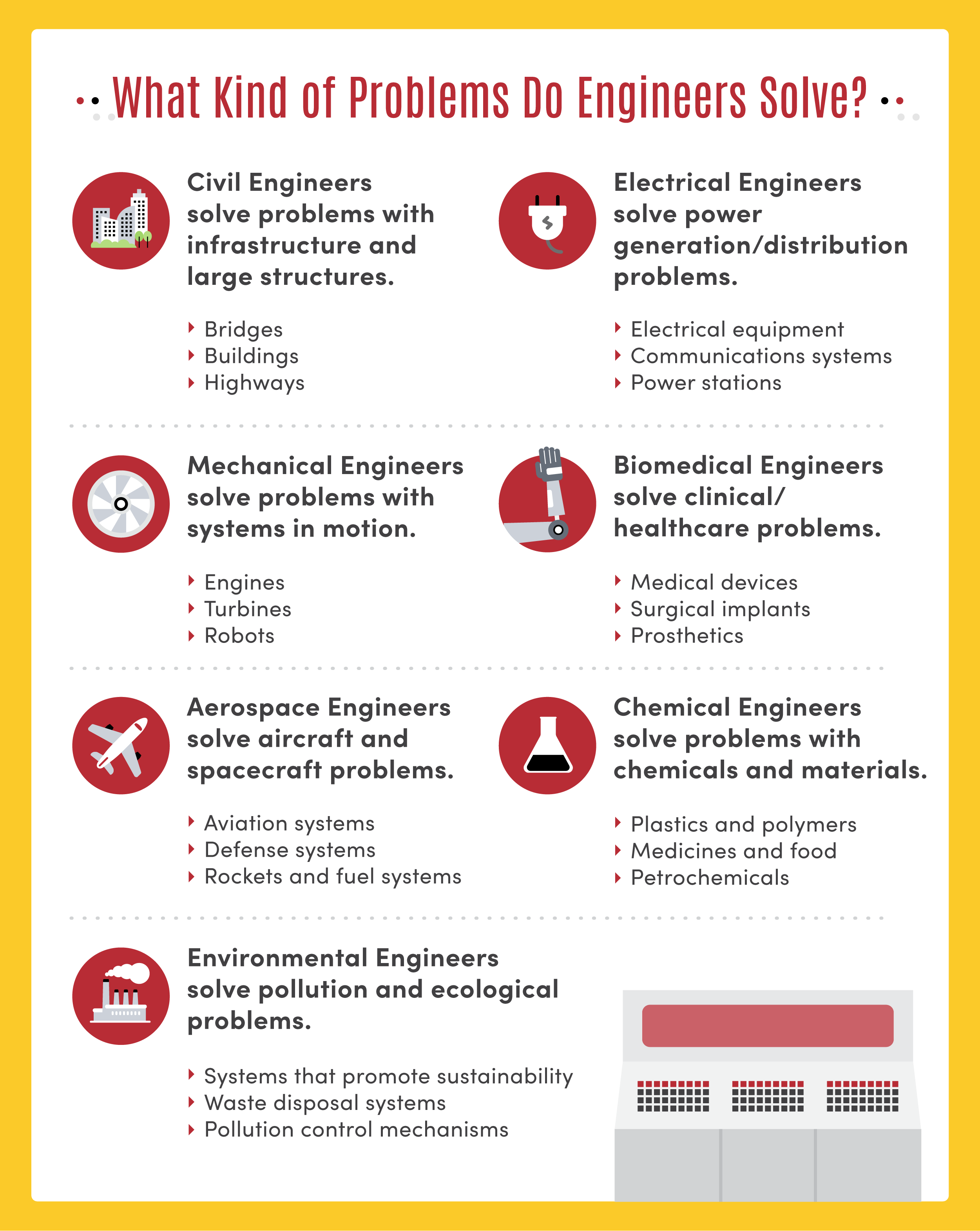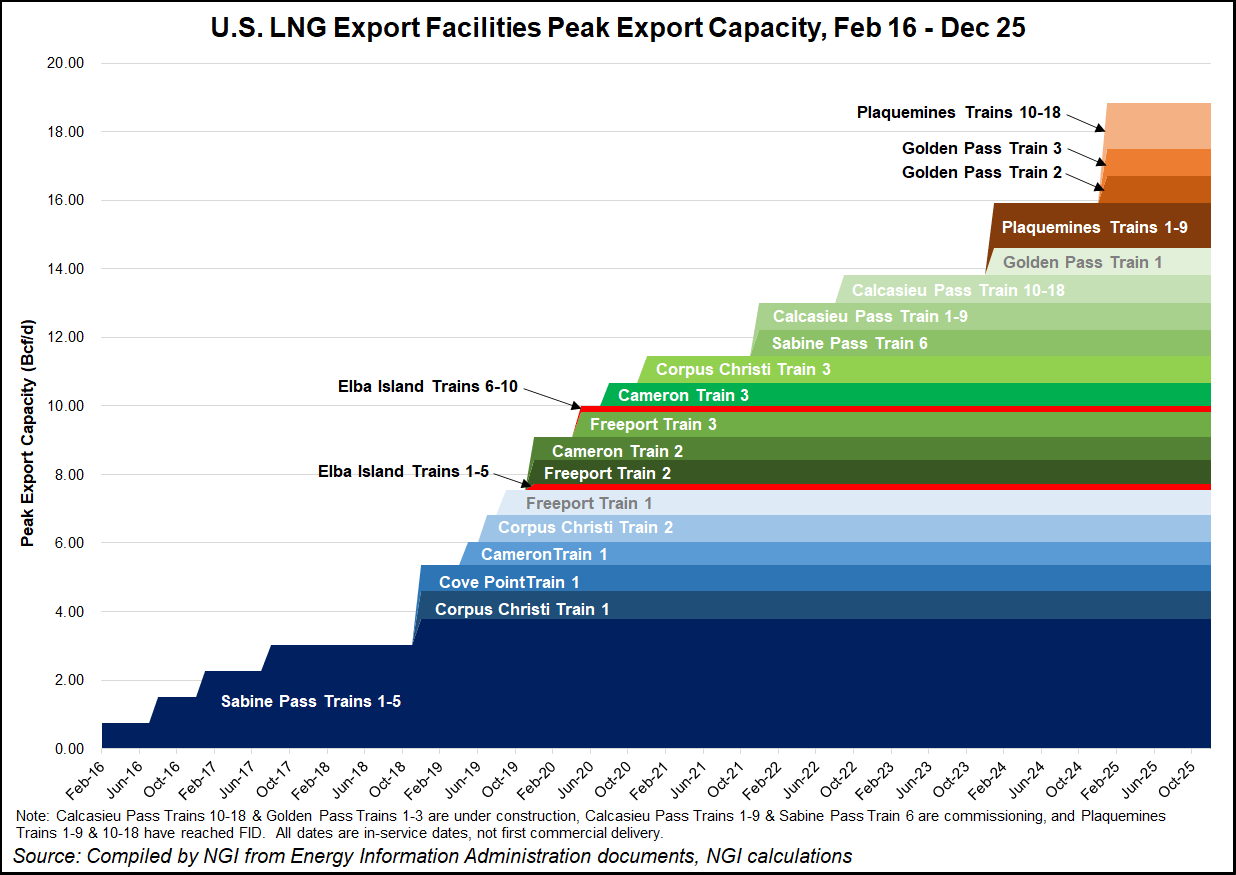
When looking for an international job, it is important to prioritize your top reasons. Do you want to live in a hot or cold climate? If you're looking for work in a cold climate country, this may be the right place for you. If you are looking for a country to visit, it is important that you research its political climate, crime rates and transport methods. You should be aware of the country's transportation options, especially if you are planning to travel frequently. To see if you have any difficulties reaching your destination if you travel by plane, make sure you check the airport transit schedule.
International business careers
A career in international business is a great choice if you enjoy traveling and talking to other cultures. With a bachelor’s degree in international management, you are well prepared for management roles and entry-level posts. If you wish to pursue management positions, you can pursue an advanced business degree. There are many options for international business degrees. These are some options to consider if you are unsure which type of international business degree to pursue.

English teaching jobs abroad
Teaching English abroad is one of many rewarding careers. Not only will you receive the skills needed to succeed in your chosen career, but you will also be able to explore many countries and make new friends along the way. Moreover, you can also get paid for your efforts. As many as one billion people worldwide wish to learn English. It is therefore not difficult to find teaching positions abroad. You will need to take a course on teaching English as an additional language. These courses can be completed online and are quite affordable.
There are many career options in medicine
While there are many ways to make a living as a doctor you can choose to work in general medicine. It pays more than any other profession. Medicine is a rewarding career that has a long-lasting impact on society. There are many doctors. Some specialize only in one area of the body, while others can treat all clients. Whatever your interest, there is an option to make money with medicine in an international context.
Careers in tourism
There are many exciting career paths available in the tourism industry, including hotel and restaurant management, tour operations, and local attractions. Although many people choose this profession because they love traveling, the industry offers much more. You will have the opportunity to travel, experience different cultures, and receive a variety of other benefits. You can also travel at very low prices and interact with many types of people.

Careers in education
If you've studied international education, then you might have noticed that certain emerging economies have more foreign teachers than others. This is due to the increased demand for English-speaking English teachers in other subjects. Many parts of mainland China and Asia are searching for American or British English teachers. However, Hong Kong already has a large number of English-speaking teachers and is actively seeking science teachers. International educators are often members of professional organizations or can contact private international education consultants in their respective countries.
FAQ
Is automation important for manufacturing?
Automating is not just important for manufacturers, but also for service providers. It allows them provide faster and more efficient services. They can also reduce their costs by reducing human error and improving productivity.
How can I learn about manufacturing?
Practical experience is the best way of learning about manufacturing. But if that is not possible you can always read books and watch educational videos.
Why automate your warehouse
Modern warehouses are increasingly dependent on automation. With the rise of ecommerce, there is a greater demand for faster delivery times as well as more efficient processes.
Warehouses should be able adapt quickly to new needs. In order to do this, they need to invest in technology. The benefits of automating warehouses are numerous. These are just a few reasons to invest in automation.
-
Increases throughput/productivity
-
Reduces errors
-
Increases accuracy
-
Safety enhancements
-
Eliminates bottlenecks
-
Allows companies scale more easily
-
Workers are more productive
-
Gives you visibility into all that is happening in your warehouse
-
Enhances customer experience
-
Improves employee satisfaction
-
This reduces downtime while increasing uptime
-
You can be sure that high-quality products will arrive on time
-
Eliminates human error
-
This helps to ensure compliance with regulations
Statistics
- According to a Statista study, U.S. businesses spent $1.63 trillion on logistics in 2019, moving goods from origin to end user through various supply chain network segments. (netsuite.com)
- Many factories witnessed a 30% increase in output due to the shift to electric motors. (en.wikipedia.org)
- Job #1 is delivering the ordered product according to specifications: color, size, brand, and quantity. (netsuite.com)
- (2:04) MTO is a production technique wherein products are customized according to customer specifications, and production only starts after an order is received. (oracle.com)
- In the United States, for example, manufacturing makes up 15% of the economic output. (twi-global.com)
External Links
How To
How to use Lean Manufacturing in the production of goods
Lean manufacturing is a management system that aims at increasing efficiency and reducing waste. It was developed in Japan during the 1970s and 1980s by Taiichi Ohno, who received the Toyota Production System (TPS) award from TPS founder Kanji Toyoda. The first book published on lean manufacturing was titled "The Machine That Changed the World" written by Michael L. Watkins and published in 1990.
Lean manufacturing refers to a set of principles that improve the quality, speed and costs of products and services. It emphasizes the elimination of defects and waste throughout the value stream. Lean manufacturing can be described as just-in–time (JIT), total productive maintenance, zero defect (TPM), or even 5S. Lean manufacturing eliminates non-value-added tasks like inspection, rework, waiting.
Lean manufacturing not only improves product quality but also reduces costs. Companies can also achieve their goals faster by reducing employee turnover. Lean manufacturing has been deemed one of the best ways to manage the entire value-chain, including customers, distributors as well retailers and employees. Lean manufacturing is widely used in many industries. Toyota's philosophy is the foundation of its success in automotives, electronics and appliances, healthcare, chemical engineers, aerospace, paper and food, among other industries.
Five fundamental principles underlie lean manufacturing.
-
Define Value - Determine the value that your business brings to society. Also, identify what sets you apart from your competitors.
-
Reduce Waste - Eliminate any activity that doesn't add value along the supply chain.
-
Create Flow - Make sure work runs smoothly without interruptions.
-
Standardize & simplify - Make processes consistent and repeatable.
-
Build Relationships- Develop personal relationships with both internal as well as external stakeholders.
Although lean manufacturing isn't a new concept in business, it has gained popularity due to renewed interest in the economy after the 2008 global financial crisis. Many companies have adopted lean manufacturing methods to increase their marketability. In fact, some economists believe that lean manufacturing will be an important factor in economic recovery.
With many benefits, lean manufacturing is becoming more common in the automotive industry. These include improved customer satisfaction, reduced inventory levels, lower operating costs, increased productivity, and better overall safety.
It can be applied to any aspect of an organisation. Lean manufacturing is most useful in the production sector of an organisation because it ensures that each step in the value-chain is efficient and productive.
There are three main types:
-
Just-in-Time Manufacturing: Also known as "pull systems", this type of lean manufacturing uses just-in-time manufacturing (JIT). JIT refers to a system in which components are assembled at the point of use instead of being produced ahead of time. This approach aims to reduce lead times, increase the availability of parts, and reduce inventory.
-
Zero Defects Manufacturing (ZDM),: ZDM is a system that ensures no defective units are left the manufacturing facility. It is better to repair a part than have it removed from the production line if it needs to be fixed. This applies to finished goods that may require minor repairs before shipment.
-
Continuous Improvement: Continuous Improvement aims to improve efficiency by continually identifying problems and making adjustments to eliminate or minimize waste. Continuous Improvement involves continuous improvement of processes.